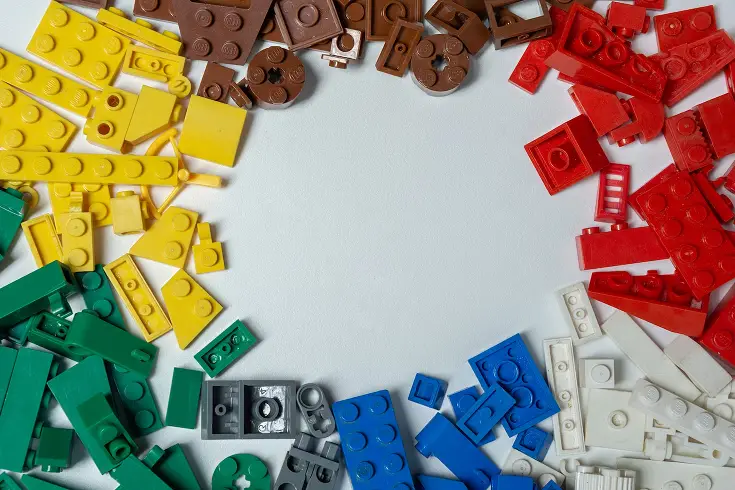According to a report in the Financial Times on Sunday, the biggest toymaker in the world, Lego, has given up on plans to make the iconic Lego toy bricks from recycled drink bottles instead of oil-based plastics.
The report said that following a detailed analysis, the Danish company, which each year makes billions of Lego pieces, concluded that making its block pieces from recycled Polyethylene terephthalate (RPET) would generate higher carbon emissions.
The company had begun analyzing a transition from making bricks out of acrylonitrile butadiene styrene (ABS), which requires about 2kg of petroleum to make 1kg of plastic, to RPET in 2021. About 80% of Lego blocks use ABS, which offers the bricks a durability and yet leaves the blocks flexible enough to assemble and pull apart.
Lego CEO Niels Christiansen said to FT, “We tested hundreds and hundreds of materials. It’s just not been possible to find a material like that.”
Tim Brooks, the company’s head of sustainability said, “It’s like trying to make a bike out of wood rather than steel,” adding that it had proven far more difficult than they imagined to replace ABS.
Instead, the company now plans to make its bricks more sustainable by gradually adding more bio-based and recyclable materials.
Christiansen argued, “It’s not going from being 0 to 100% sustainable from one day to the next, but you start with elements of it being based on either bio materials or recycled materials. Maybe it’s 50%, or 30%, or 70% based on that.”
Lego initially was seeking to eliminate all petroleum-based plastics from its manufacturing of the toys and play sets it produces by 2030. By 2025 the company is aiming to get rid of single-use plastic bags used in packing its bricks, with many current sets already substituting paper bags instead.

